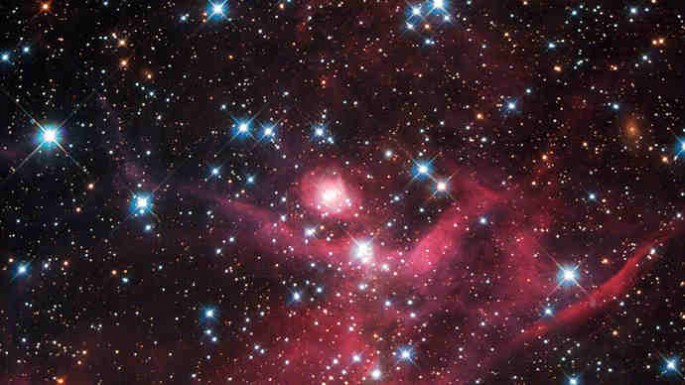The universe is expanding at a rate slower than what was previously established, the Astrophysical Journal papers claimed.
The conclusion implies that the dark energy present in the universe is way less than the current estimates. The present take on the universe is that it is continuously expanding at a rapid rate, increased many folds by the dark energy.
The researchers arrived at this conclusion through conducting a series of Ia supernovae studies, which were thought to be sufficient as beacons in measuring cosmos distances. According to the studies, the supernovae were not uniform as they belonged to different populations. The analyses were analogous to studying samples of 100-watt light bulbs and finding out that they produced different levels of brightness, the Eureka Alert published.
If the findings are accurate, it means that astronomers have to re-do the "math" that they are utilizing in measuring the universe. It also implies that a number of the measured cosmic distances, the amount of negative energies, and the rate by which the universe is ageing and expanding are wrong.
Alan Alexander Milne of the Department of Astronomy and Steward Observatory said, "We found that the differences are not random, but lead to separating Ia supernovae into two groups, where the group that is in the minority near us are in the majority at large distances - and thus when the universe was younger."
"There are different populations out there, and they have not been recognized," Milne added. "The big assumption has been that as you go from near to far, type Ia supernovae are the same. That doesn't appear to be the case."



























